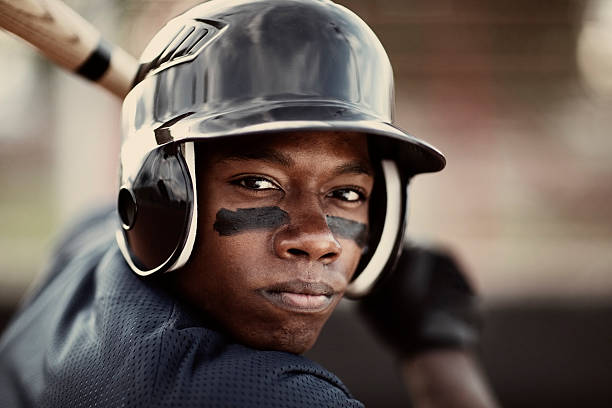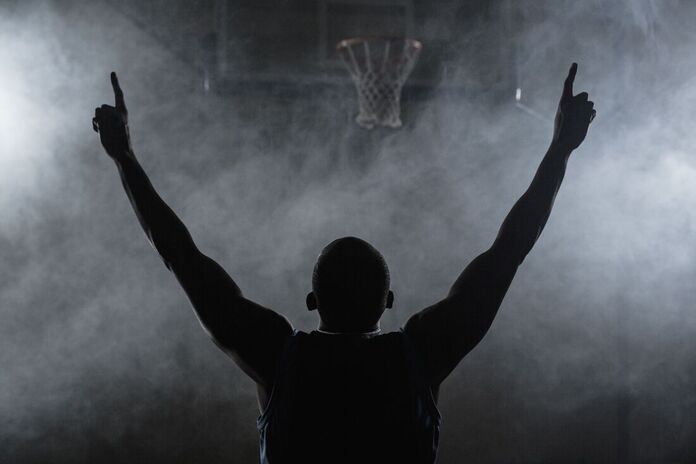0 Comments
|
Share this postAuthorRudo Loock is a former elite swimmer from South Africa. His journey to America started at Florida State University, where he studied and competed.
He learned valuable mental strategies during a difficult time in his career after battling a major injury. Following that, he had one of the best swimming years of his career. Alpha Mindz is a community he created to help struggling athletes overcome the many obstacles they face everyday. |









